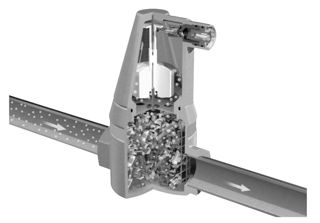 In hydronic HVAC systems, water is circulated through the pipes and equipment as it delivers and removes energy throughout the system. In a closed loop piping system, the water is kept under pressure and never exposed to the open atmosphere as it travels from the pump discharge back to the suction. And, in this type of closed system, air poses several problems, including:
In hydronic HVAC systems, water is circulated through the pipes and equipment as it delivers and removes energy throughout the system. In a closed loop piping system, the water is kept under pressure and never exposed to the open atmosphere as it travels from the pump discharge back to the suction. And, in this type of closed system, air poses several problems, including:
- Air Lock – preventing water flow through sections of the piping system
- Corrosion – of the cast iron and steel pipe, fittings, and equipment
- Heat Transfer Degradation – as the concentration of dissolved air goes up, the heat capacity of the water goes down
Air may be left in the piping after initial system fill, but the installing contractor typically purges that from the high points in the system. However, dissolved air is carried into the piping system anytime fresh water from the municipality is introduced, such as during initial fill, leaks, or routine maintenance. This is why in closed loop hydronic HVAC systems, air must be properly purged from the piping during initial system fill and during operation.
Free air may be vented out of the high points in the piping system, but dissolved air must be separated from the water by an air separator device. While there may be debate on the merits of inline or tangential air separator configurations, ALL air separators accomplish their tasks by filling the following requirements:
- Must slow the water and agitate (or change directions)
- Must be located at or near the warmest part of the piping system
- Must be located at or near the lowest pressure point in the piping system
Meet these requirements, and the dissolved air will separate from the water where it may be vented (air separation system) or directed to a plain steel expansion tank (air control system).
If air separation effectiveness is important for your application, work with your manufacturer's representative to determine what equipment you need.

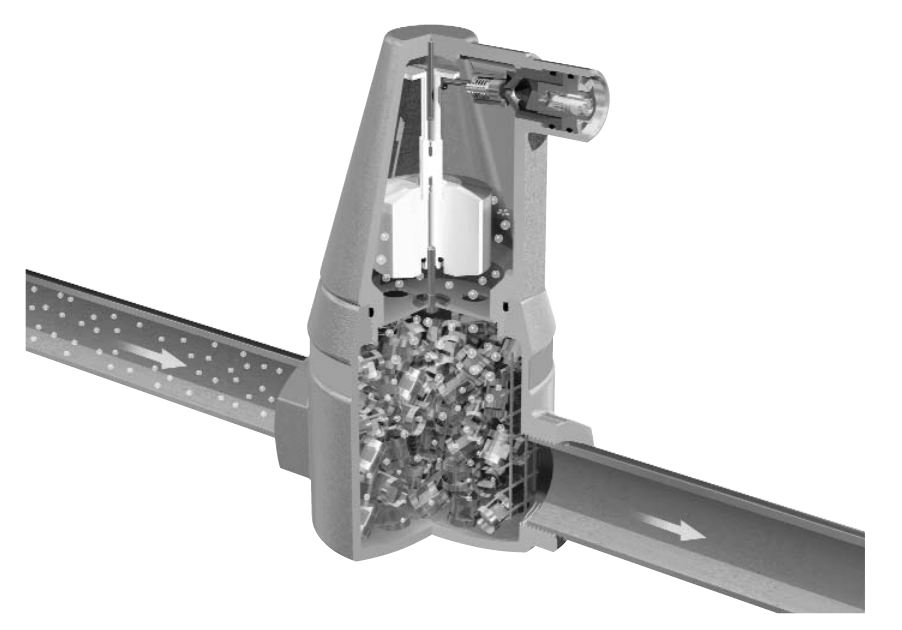

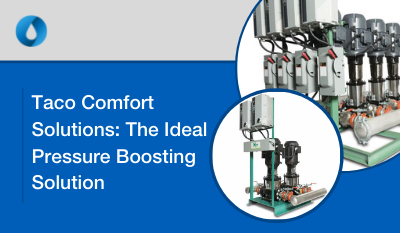
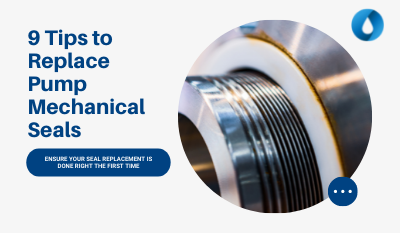
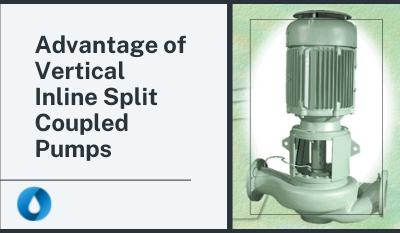



Submit a Comment